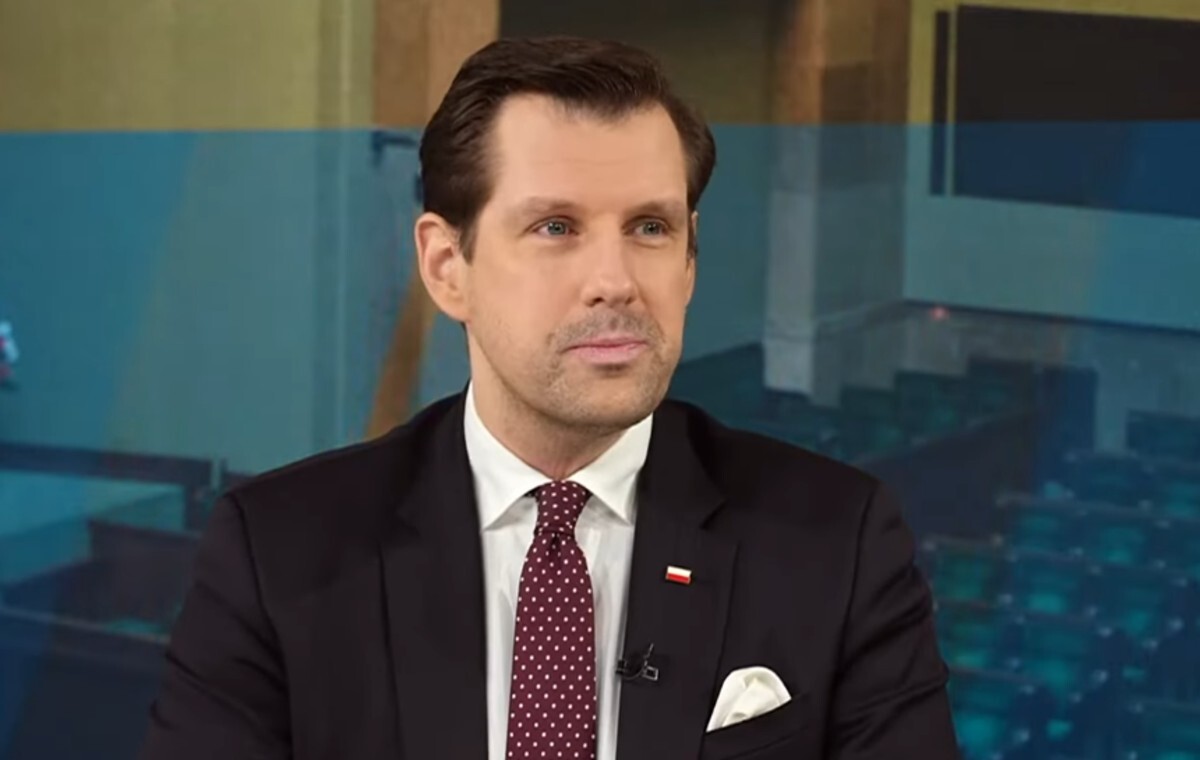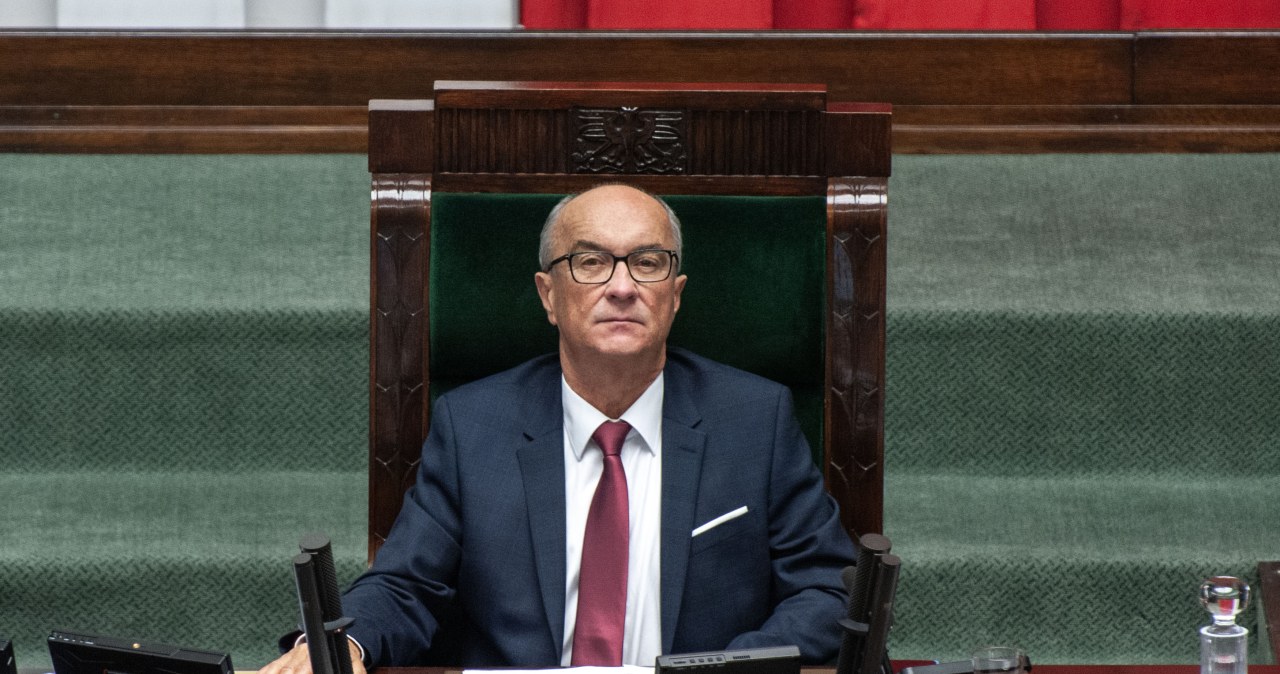– The planned increase in the rates of excise work on alcohol products by 15% in 2026 and another 10% in 2027 is unjustified and should not be introduced," says Przemysław Pruszyński, taxation advisor, manager of the Leviathan Confederation's taxation department.

High excise work on alcohol
One argument for the increase is the expanding economical availability of alcohol calculated as the quotient of average wages in the economy and average product price. However, this is simply a purely theoretical calculation that does not actually find coverage and, most importantly, in consumer behaviour. In 2024, the full consumption of pure alcohol per capita was 8.8 litres and was 1 litre lower than the highest indication in 2019 (9.8 l). Alcohol consumption is decreasing for the 3rd consecutive year, and given the data from the current year in which the decrease besides occurs, it will be the 4th consecutive year in which alcohol consumption is reduced. The sale of spirits is besides shrinking. Over the years 2021-2024 decreased by 15% and in the first 4th of 2025 by 5.21%. Beer production has besides been decreasing for six years. In 2019, it amounted to 39,744 million hl, while in 2024 it reached 34,560 million hl, a decrease of 5,184 million hl (-13%). Increases in excise work rates do not bring the expected budgetary revenues, but they actually hit the economy, the condition of companies, the state budget and jobs.
– We estimation that full alcohol consumption will proceed to decrease in the coming years. This will be supported by changing consumer trends, especially among younger generations and demographic change. Alcohol prices will besides increase as a consequence of higher production costs, the request to introduce a bailout strategy and already existing excise increases for the years 2026 and 2027. The current rate of marketplace decline, as well as the average increases in excise duties over the years, offer manufacturers the chance to prepare for these changes and adapt to fresh realities, e.g. by changing product offer while maintaining the value chain and not closing production plants. Any action which rapidly accelerates the weakening of the alcohol marketplace will inevitably lead to many negative economical consequences and, as a result, besides to a decrease in the level of financial contributions of the alcohol manufacture to the state. These measures include speeding up the rate of excise work increases. Therefore, we request to refrain from expanding the rate of excise work increases from alcohol and to leave the current increase plan adopted in 2021 in force due to the marketplace situation of the producers of alcohol (market decline) and the costs of the implementation of the bailout system," said Przemysław Pruszyński.
Higher sugar taxation rates
The Confederation of Leviathan powerfully opposes the proposal for a very advanced increase in the sugar tax. The fixed fee for sugar content of little than or equal to 5 g in 100 ml of drink, or for content in any quantity of sweetener, is to increase from 50 g to 70 g, the variable fee for each gram of sugar exceeding 5 g in 100 ml of drink: from 5 g to 10 g, the charge for caffeine or taurine content from 10 g to 1 PLN, and the maximum fee for the drink covered by the sugar levy from 1,20 PLN to 1,80 PLN, calculated per litre of drink.
– The proposal does not contain any information on the economical impact of this change. It has not been indicated how much the costs will should be borne by producers and importers of sweetened beverages, the impact these changes will have on entrepreneurs, their financial condition and prospects for development, in peculiar SMEs. Nor have the social costs of impoverishment, the risks of redirecting request for the cheapest drinks of the worst quality been revealed. In our opinion, the proposed increase in the sugar levy is simply a manifestation of excessive fiscalism resulting from the advanced needs of state spending," says Przemysław Pruszyński.
The only reason for the increase is to increase the efficiency of the sugar levy and stimulate healthy consumer products. Unfortunately, the experience so far shows, that the real nonsubjective of the sugar taxation is to get additional budgetary revenue, and the concern for citizens' wellness is to exclude the sloganto increase public acceptance of planned changes. The gross from the sugar taxation is not to combat obesity, but mostly benefits financed by the NFZ.
Changes without time to implement
The Confederation of Leviathan powerfully criticises the date of entry into force of the proposed changes, which, depending on erstwhile the legislative process is completed, will be at least the last fewer weeks of 2025. Such a short vacatio legis will prevent all activities related to the charging and removal of excise and sugar duties under fresh rules. It will besides make it impossible to plan the volume of sales, investments, profitability of operations, employment and improvement of sectors affected by increases. For a reason, the roadmap for increases in excise duties on alcoholic products was adopted in 2021 for a period of 6 years, precisely to guarantee the predictability of the functioning of the industries affected. The proposed date of entry into force of the amendments is simply a violation of the principles of decent government and is simply a denial of the repeated promise of adopting changes in taxation law with at least 6 months of vacatio legis.
Confederation of Leviathan









